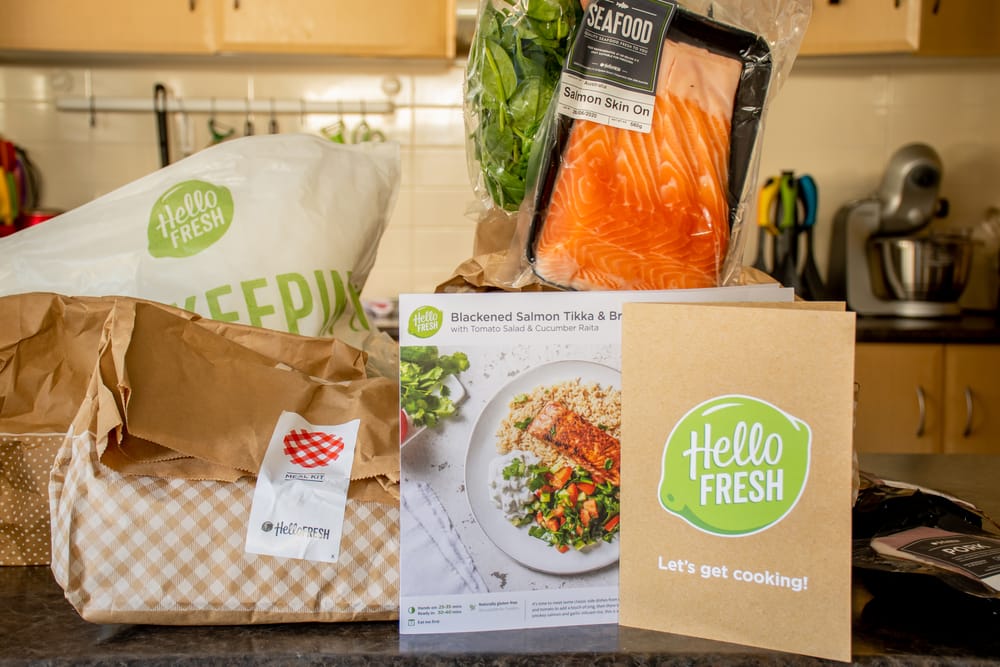Gen Z’s key supporters of meal-kits.
Providers of meal kits continue to remain under pressure to reach sustainable levels of profitability despite having a serious following from younger consumers who maintain a strong appetite for the convenience of such products.
Major UK player HelloFresh cut both its annual profit and revenue forecasts for the current year as it suffered from slowing growth in the US market where it has been looking to branch out from offering purely meal kits and also into ready-to-eat products
Meanwhile, Blue Apron, which was a global pioneer in meal kits, highlighted the tough prospects for the industry with its recent sale to Wonder Group at a value of a mere $103 million. This represents a serious decline from the near-$2 billion valuation that the business commanded at its peak.
Part of the difficulty of such companies is that in a competitive marketplace they continue to utilise a meaningful percentage of their revenues for marketing and offering discounts to customers. Recent calculations show Blue Apron committed 18% of its revenues to marketing activity while at HelloFresh it is at the 17% level.
It is widely known that the meal kit providers offer an array of discounts to tempt customers into signing up for subscriptions involving regular deliveries and shoppers are encouraged to take advantage of these money-saving offers – ultimately to the detriment of the company’s underlying profits.
Lucinda O’Brien, expert at Money.co.uk, highlights the widely held view of meal kits: “If you are going to use monthly subscription services, make sure you use every trick in the book to keep the cost low. Many services will give you free trials, and with the number of services out there, you can get months of goods for very little investment. It’s also possible to get discounts and premium subscriptions as part of a package through other avenues, such as phone packages, credit card deals and more.”
The group taking most advantage of these agreeable deals are younger consumers, according to research from Money.co.uk, which found that as many as 59% of 16-24-year-olds are currently subscribed to the likes of HelloFresh, Gousto and Simply Cook – the three most popular meal kit providers in the UK.
The number of subscribers to such kits drops dramatically across older demographics, with 46% of people aged 25-34 signed-up, 29% of the 35-44 group, 20% of the 45-54 cohort, and only 8% of 55-plus consumers. The rationale behind this split across the age ranges is put down to the appetite for convenience by younger people.
O’ Brien has a rather damning assessment of these findings: “While convenience is increasingly important for young people, it should not be enjoyed at the expense of responsible spending and savings. It’s an unfortunate stereotype that some generations spend excessively on things they don’t need and that luxuries such as take-away coffee and avocado on toast are the reason for a lack of financial progression.”
These younger shoppers are probably not the typical customers of upmarket meal kit platform Dishpatch and its unique proposition of working with well-known chefs including Michel Roux Jr, Angela Hartnett and Rick Stein who devise high-end meal-kits. This positioning has helped the business stand out from the rest of the meal kit industry and no doubt contributed to it successfully raising £1.6 million from a crowd-funding campaign recently. It intends to use the money to expand its offering to its existing base of clients and also broaden its reach to new customers.

